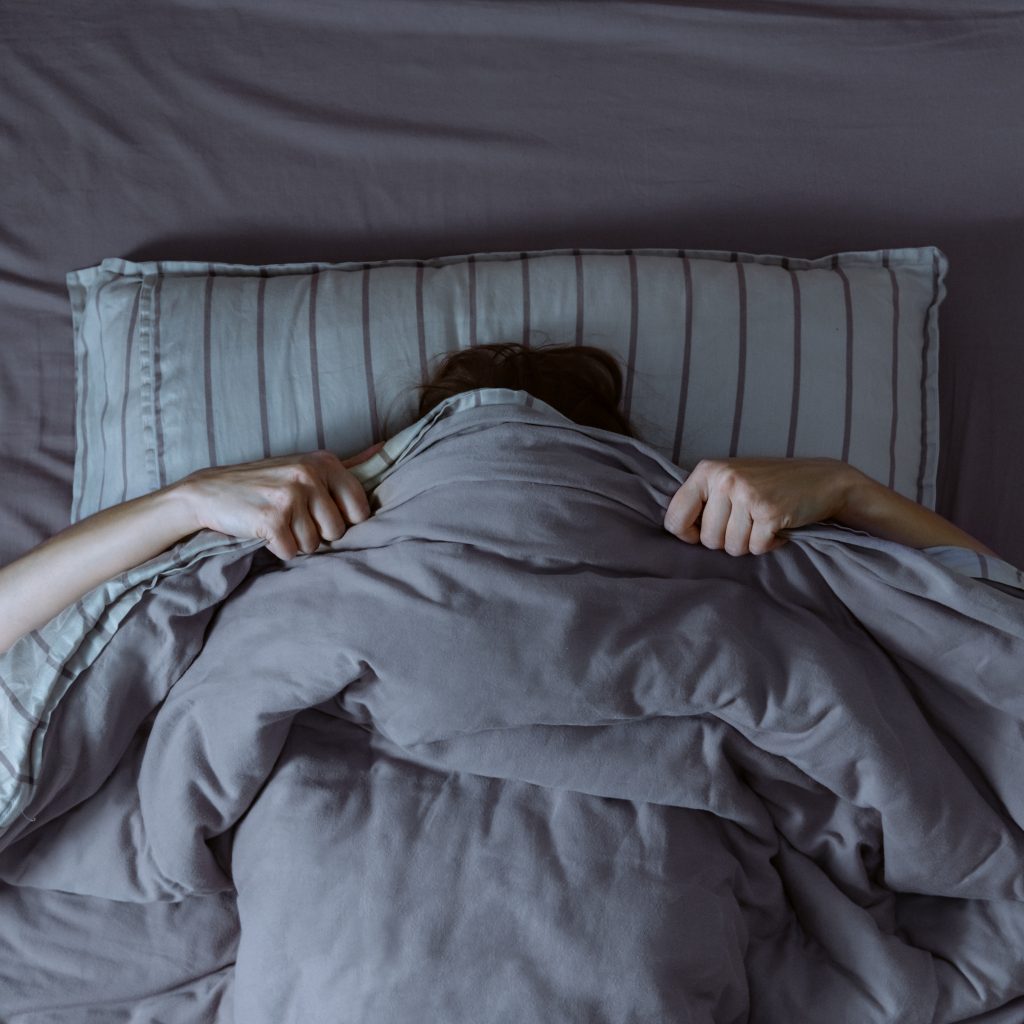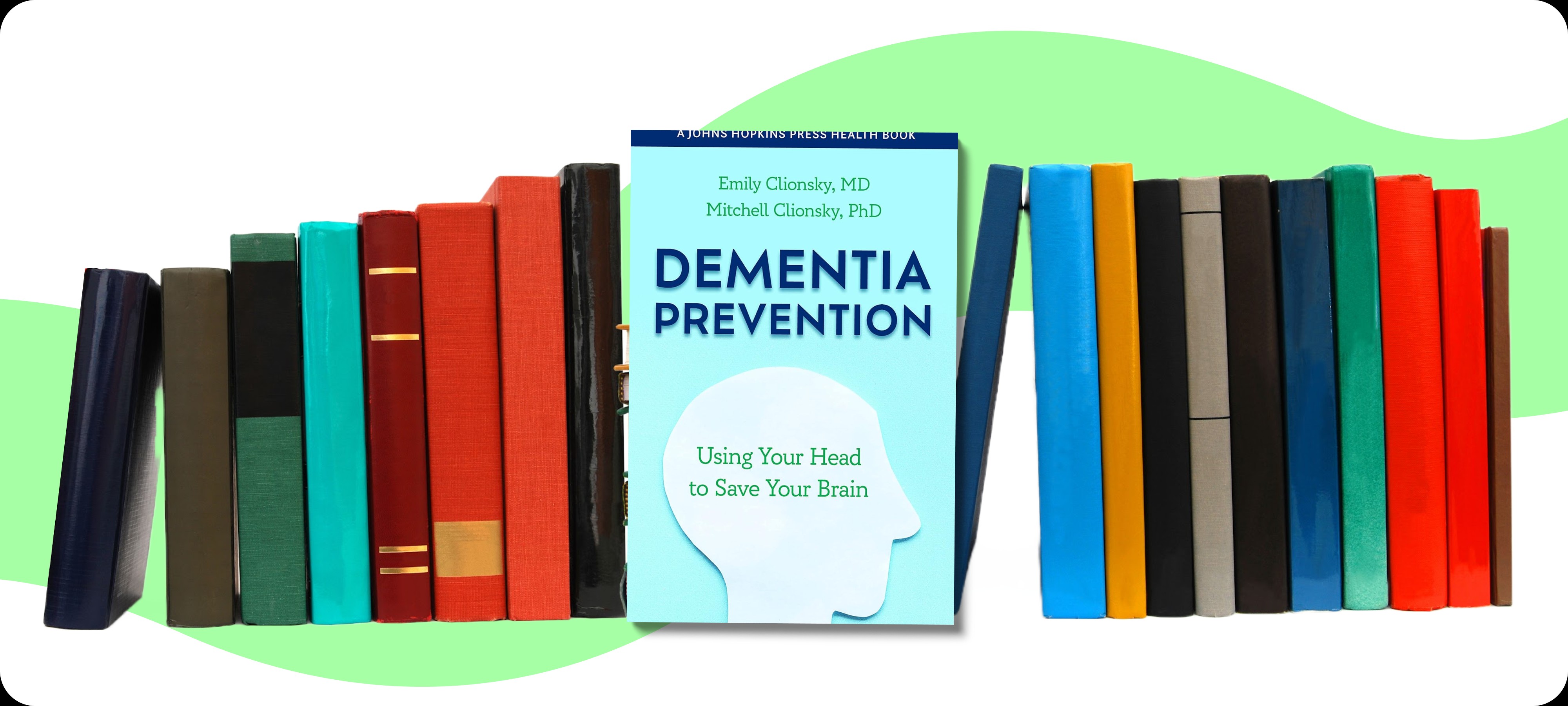Insomnia is a common sleeping disorder. That may mean you’re not getting enough sleep, have poor sleep quality, or have difficulty staying asleep. Depending on the type and the severity of your insomnia, it can be a major disruption and inconvenience for many people.
Sleep is essential to our health for a wide range of reasons, including recovery, stress reduction, weight management, and strengthening our immune system.
Experts are still unsure of the science behind sleep. Still, they do know that when we are sleep deprived, we’re much more likely to be at serious risk of developing health conditions like diabetes, obesity, and even cancer.
What is insomnia?

According to the National Institute of Health (NIH), insomnia is a sleeping disorder that affects your ability to fall asleep, stay asleep and get a good night’s sleep. Insomnia can affect you when you’re stress-free and have a clean sleeping environment.
Generally speaking, insomnia, particularly short-term insomnia, is caused by changes to your daily life, such as a new job, a house move, or stress from work.
Short-term insomnia typically lasts a few days and resolves itself naturally as you adapt to your new environment.
Chronic or long-term insomnia is a more severe type, affecting people’s ability to sleep at least three times a week. Chronic insomnia can last up to 3 months, with the cause often unexplained.
Insomnia affects your cognitive ability, such as memory and focus, and even puts you at greater risk of developing diabetes and cancer.
Symptoms associated with insomnia

Below are some of the common signs that may suggest you have short or long-term insomnia. The world-renowned Mayo Clinic lists a few of the following signs:
-
Difficulty getting to sleep
-
Difficulty staying asleep
-
Waking up too early
-
Difficulty focusing at work or school
-
Poor productivity
-
Mood swings and irritability
-
Daytime tiredness
-
Regular occurrence of mistakes and accidents
-
Lack of or a decrease in motivation
If you are having difficulty sleeping, seek advice and consultation from your local GP, healthcare provider, or a sleep expert. Many of the symptoms associated with insomnia can overlap with other sleep disorders making self-diagnosis difficult.
Diagnosing insomnia
The prestigious Cleveland Clinic suggests there are generally three common ways to diagnose insomnia and other sleep disorders. The first is a physical exam, followed by a review of your sleep habits and routines, and lastly, if the cause of your insomnia is unclear, you may need to visit an overnight sleep center.
Physical exam: Doctors will often conduct a physical exam to identify any medical conditions that may be causing your insomnia. Blood checks are usually done to check problems with your thyroid, which can be associated with sleep disorders.
A review of your sleep habits: Here, the doctor or sleep expert will ask you some basic questions concerning your daily routine and lifestyle to consider whether these factors are contributing to your insomnia. Typically, the doctor will also ask you to keep a sleep diary to better understand the cause.
Sleep center: In some cases, you might need to stay overnight at a sleep center where doctors and experts can study your sleep. Experts can use state-of-the-art technology to monitor your sleep and help to identify the cause or causes. Tests include monitoring brainwaves, body movements, heart rate, and breathing.
Insomnia: risk factors and causes

Everyone has the occasional bad night’s sleep, but according to the National Institutes of Health, certain people and specific risk factors place some at more risk.
Being stressed can make it difficult to calm your mind and get to sleep. A job change, a looming deadline, and moving house are just a few circumstances that can stress people out.
Unfortunately, the older we get, the greater our chance of developing insomnia. That is primarily due to changes in our health and our sleep patterns.
Certain professions, such as emergency workers, firefighters, police, airline staff, doctors, and nurses, often report difficulty sleeping.
Insomnia is a common problem amongst pregnant women. During the menstrual cycle, hormonal changes occur, which can also cause trouble sleeping.
Various pre-existing conditions can make getting a good night’s sleep difficult. Over time lack of sleep can lead to chronic insomnia. Check with your local healthcare provider for a list of pre-existing conditions that may affect sleep.
How to treat insomnia naturally?


Luckily, there are steps that can be taken to treat and mitigate the symptoms associated with insomnia. Building positive daytime habits can play a vital role in relieving stress, boosting productivity, and, importantly, helping you get a good night’s sleep.
1Make your bedroom a sanctuary
Keeping your bedroom cool and quiet are critical to getting to sleep. You’ll also want to keep your bedroom as dark as possible and turn off all electronic devices, including your Wi-Fi router.
2Get a routine
Implementing a sleep routine increases your chances of improving your sleep quality. Ensure you go to bed at the same time and perform some activities that will help you sleep, like reading a book or listening to some calming music.
3Avoid caffeine and alcohol
We all enjoy a nice espresso and a cheeky gin N tonic, but you’ll want to avoid both of these pleasures before bedtime. Both caffeine and alcohol negatively impact your sleep and make you more likely to wake up prematurely.
4Limit your naps
While naps can help you rest and recover, they may be detrimental to your sleep at night, particularly if they are more than 20 to 30 minutes.
Sum it up

Unfortunately, far too many people don’t take their sleep seriously enough. Sleep is absolutely essential to your overall health and longevity and boosts your productivity, too.
While stress and other distractions can affect your ability to sleep, there are steps you can take, like using a sleep routine and eating foods like nuts to help you get to sleep.
If you’ve tried everything and are still having trouble sleeping, seek the advice of your local healthcare provider or sleep expert. These professionals can improve your sleep quality and, subsequently, your quality of life.
Want to learn more?
In this informative video, Dan Kwartler delves deep into the science behind what causes insomnia. Are you stressed about a looming deadline? What about an upcoming health check or a big sporting competition? Dan emphasizes that any one of these and more can all be the root cause of insomnia. Can you break the cycle? Watch and find out.








